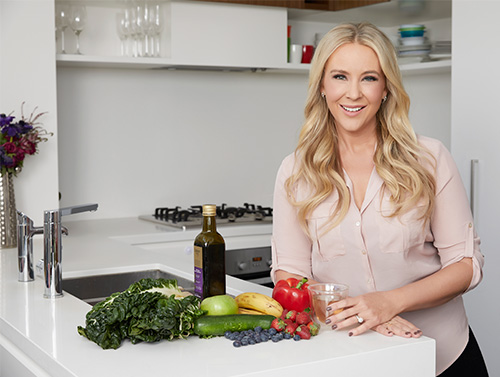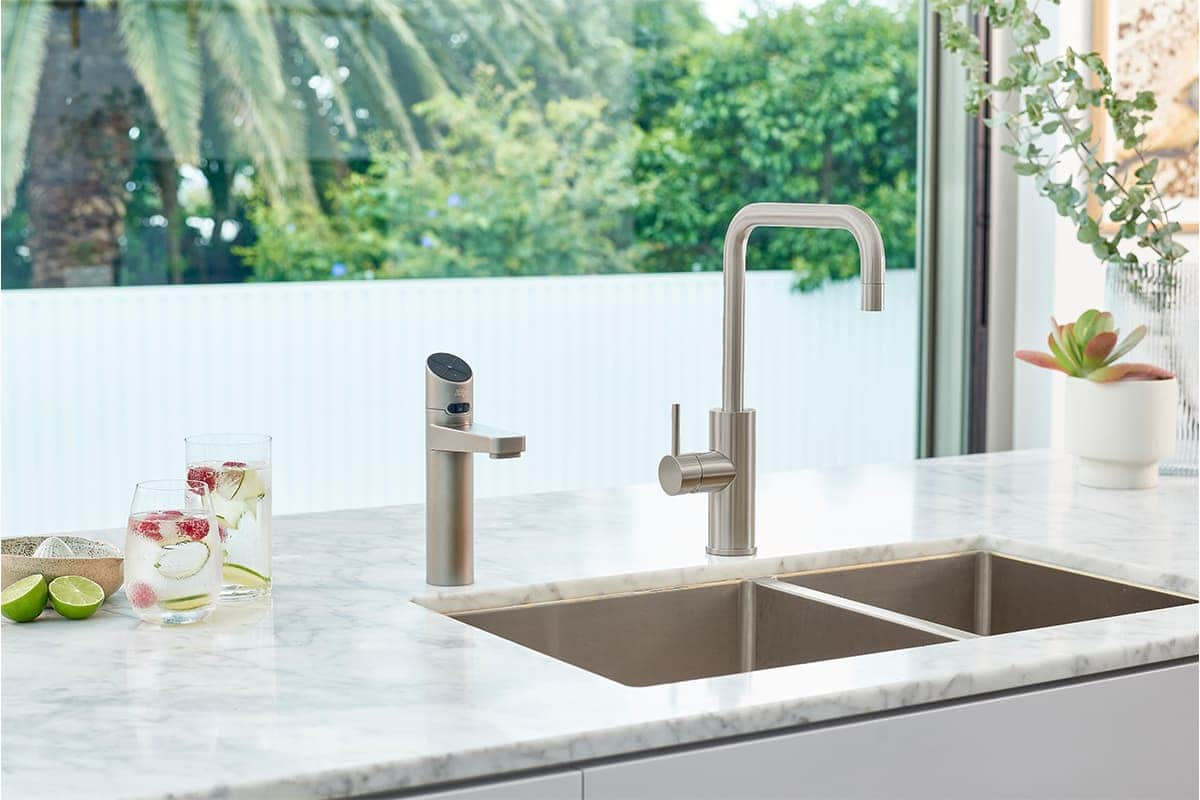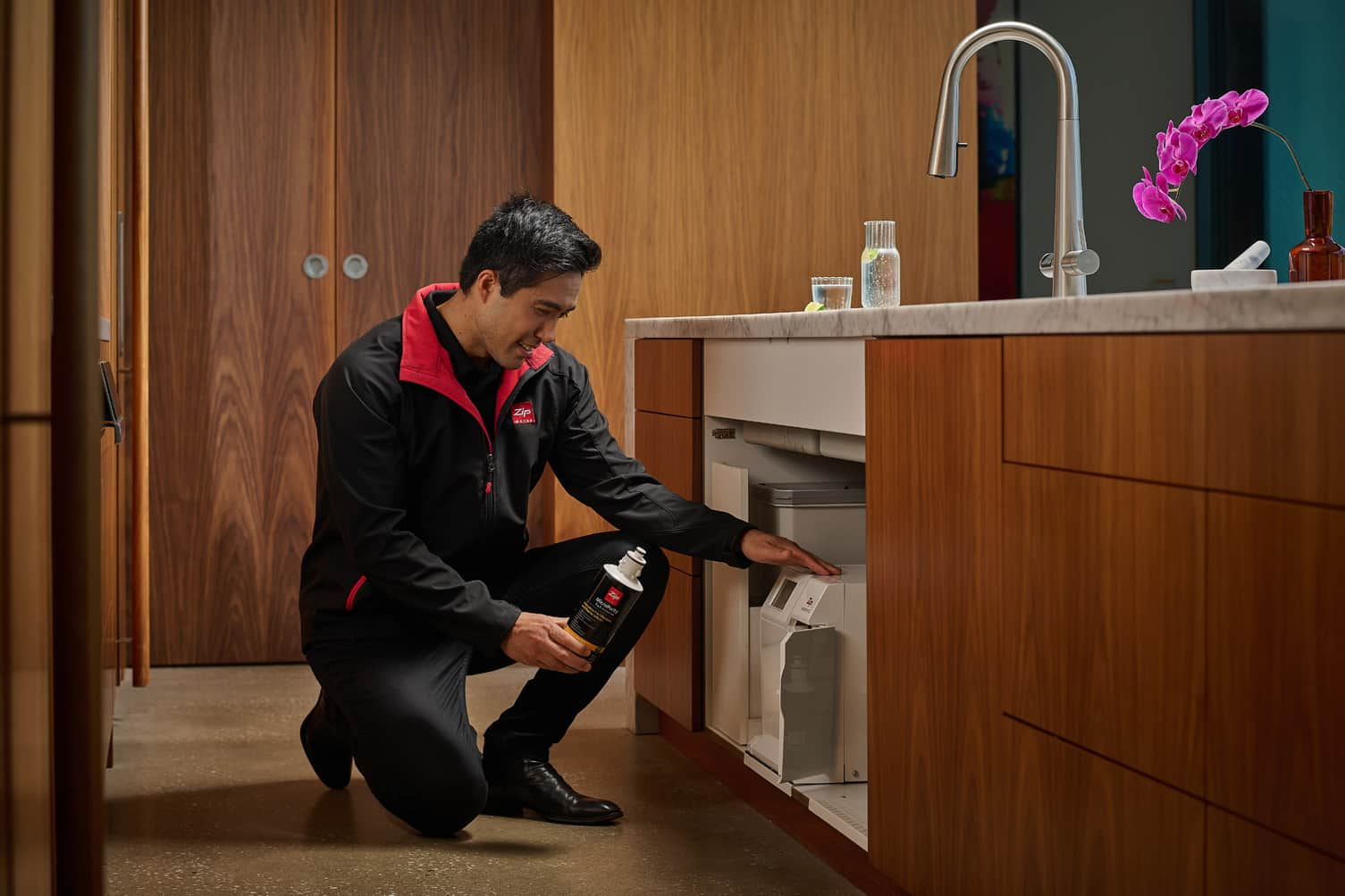Stay Hydrated this Summer with Susie Burrell and Zip Water
Health | 19-12-18

We sat down with leading Nutritionist and Dietician Susie Burrell to get her top tips to keep hydrated this summer.

Start your day right
Starting the day with a cup of warm filtered water with lemon or an infused tea will instantly put you on the right track to staying hydrated. Get your cup or glass ready the night before and make re-hydrating your first morning priority to get your mind and body ready for the day ahead.
Set yourself a goal
When you have a daily water target, it is easier to track your overall fluid intake. In general, aiming for 500-600ml before lunch, another 500-600ml throughout the afternoon and another 500-600ml throughout the evening will help you to keep on track with your fluid targets.
Convenience is key
Make hydration at home easy. When we have pure tasting, chilled or sparkling water on tap, drinking water is much more appealing. This means keeping a jug of cold water within easy reach - on the table, on the bench or the first thing you see when you open the fridge will help the whole family drink more. Better yet, installing a Zip HydroTap in your kitchen will ensure your family always stays hydrated – with instant filtered boiling, chilled and sparkling at the touch of a button.
To learn more about how you can keep your family hydrated this summer, check out our Zip HydroTap range here























